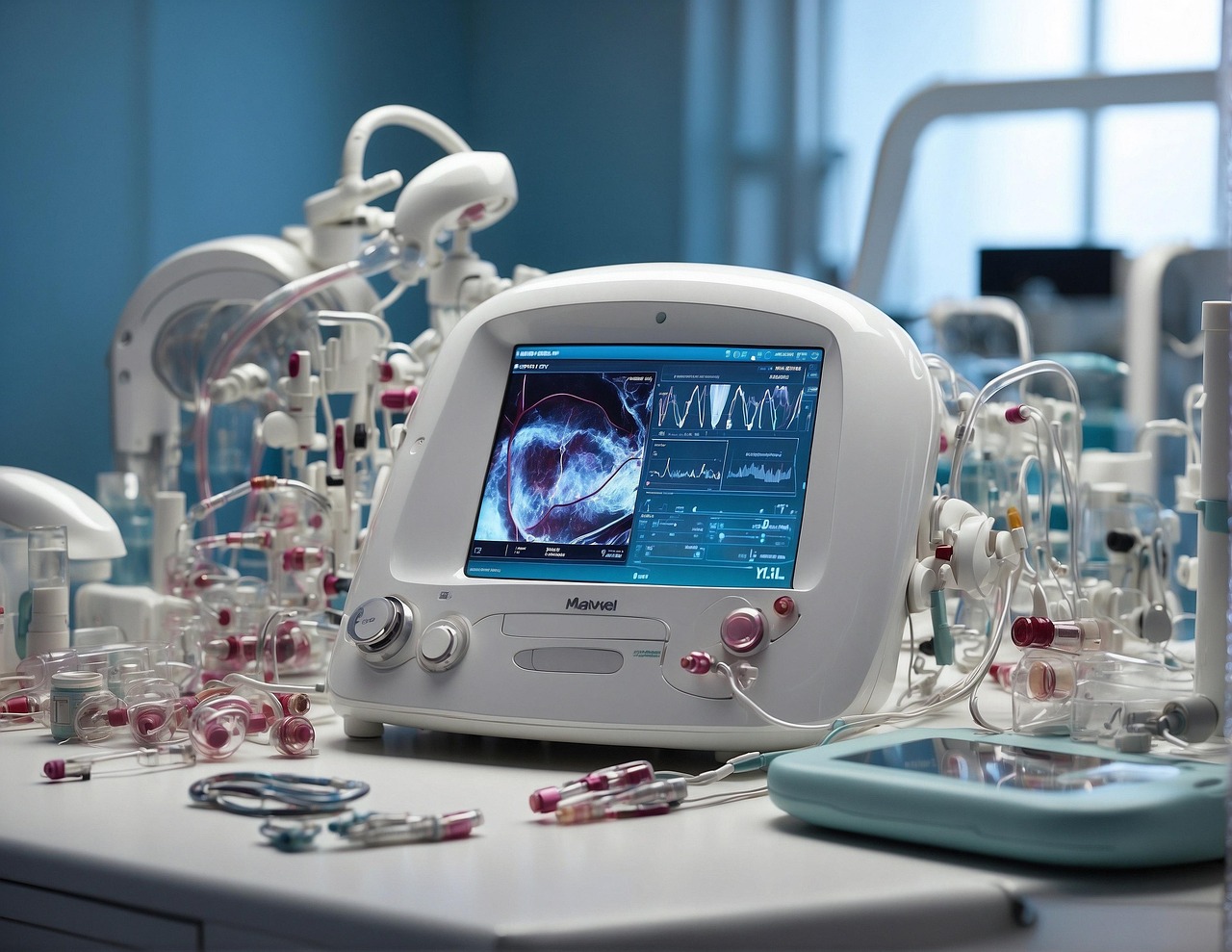In today’s world, technology is everywhere. Everyone is aware that today, there are very few things that are done without the use of a device. We use it for communication, work, entertainment, and even for our health records, which are stored electronically. Although your health data being available to you anytime, anywhere, is convenient and more helpful, there are some concerns and challenges that come with these tools.
Pros of EHRs
As with everything that gets converted from paper and pen to screen and keyboard, there are many advantages and many drawbacks. One benefit is that it reduces time and costs for patients and healthcare providers. Different specialists and pharmacists can share a patient’s health data with each other so they can efficiently help a patient. This speed and connectivity also reduces the need for doing the same tests repeatedly because one clinic’s information is not readily available to another clinic that needs it. And although it is a popular joke that doctors have bad handwriting, this could be a problem for a patient or another health specialist when they are trying to get the treatment or medicine that is needed, a problem that is completely taken care of by storing data digitally.
Another benefit to patients and their physicians that saves time and money is patients being able to add their health data digitally from anywhere. This can save time during doctor’s appointments and reduces the burdens on providers. Instead of doctors being in the dark about their patients health for several months at a time, they can now be efficiently informed of any problem patients think they should know about, which can save time for a small problem that can escalate into a big one.
Cons of EHRs
However, with this ease and convenience, there some negatives. For example, many patients have become concerned about their privacy due to all the information being exchanged. Legislation has been strengthening the Health Insurance Portability and Accountability Act (HIPAA). However, EHRs can be susceptible to cyber attacks and dangerous malware can corrupt or crash the entire system. Stolen health information can be sold and even used as blackmail or fraudulent billing. This is why it is important for all people within a medical system, including patients, to be careful when it comes to their information.
Additionally, it takes a lot of initial investment and time to implement the system at first. There are many issues that arise when an entire system has to be transferred, and it is extremely important that the right product is chosen for the job not only so that is works well, but hospitals can maintain the system (which can also be costly). Even once the system is up and running, all of the staff at the hospital has to be trained on the system, which takes a lot of time. Initially, patients may also struggle with learning how to use a new digital system, especially older adults, who often need extra care compared to younger people.
Electronic health records can immensely save money and time for doctors and everyday people, but it can be a struggle to maintain, and it does have some privacy risks. So, what do you think? Do electronic health records give us an edge on helping people stay healthy, or are they a dangerous tool that forfeits more of our information to anyone and everyone?
Image Credit: TheDigitalArtist
Sources:
Bizmatics. “The Pros and Cons of Electronic Health Records.” PrognoCIS EHR, 21 Apr. 2022, prognocis.com/pros-and-cons-of-ehr/. Accessed 17 July 2024.

